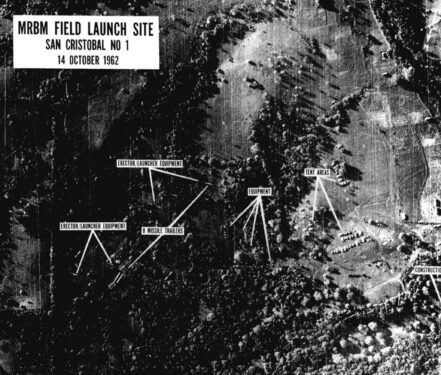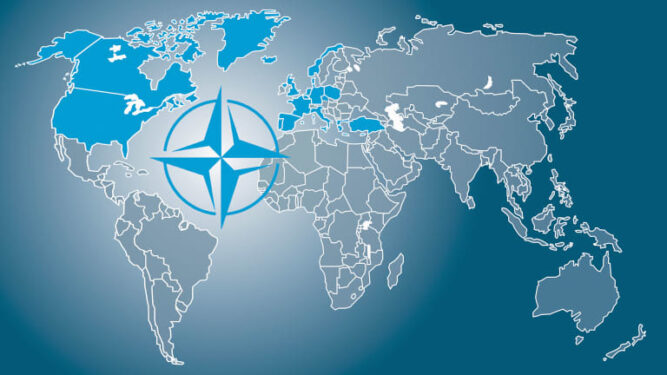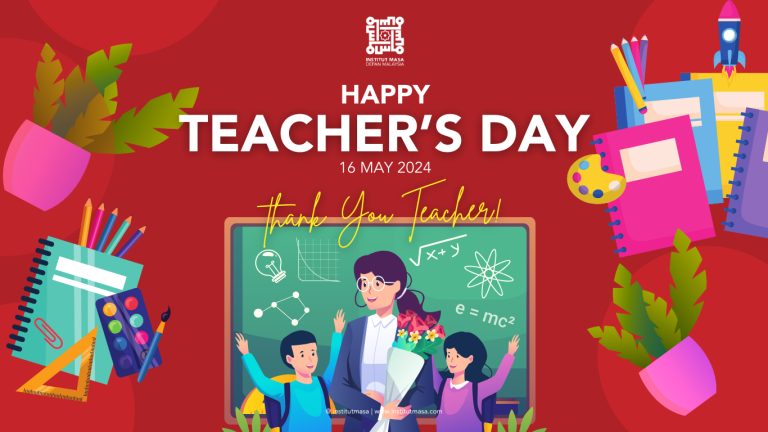Letter to Editor
THE Russian-Ukrainian conflict is a prime example of how diplomacy failed to avert the war.
Tension had been building up for months and started peaking about a month ago giving ample time for all the parties involved in the dispute to come to a sensible and peaceful resolution.
NATO since day one has been parroting the same demand – that Russia has no right to prevent Ukraine from becoming a NATO member.
Russia has been insisting that Ukraine should not be a member as it will endanger Russian security.
This shows a major lack of efforts to find a way out of this thorny issue as some compromises could have been made by to end the stand-off.
It must be noted that Ukraine had not become a NATO member yet and there was much room to negotiate to prevent the conflict.
UN secretary-general Antonio Guterres and the UN did not do as much as they could to avert a war but instead only hoped that a peaceful resolution of the problem would be made.
Guterres should have been, given the gravity of the matter, shuttling from Brussels to Kiev to Moscow to find a solution, which was not the case here.
The absence of long-time experienced German leader Angela Merkel, who ended her tenure in December 2021 was also keenly felt as her leadership and clout, as against the domination and pressure of the US, could have made much headway to resolve the tensions.
European nations could have called for a Conference on European Security to resolve the crisis.
In fact, the US was the prime driver in the crisis and not the Europeans. This was one of the reasons why no compromises were made and Russian security concerns were summarily dismissed.
One can draw a similarity to the present situation to the nuclear stand-off between the Soviet Union and the US during the Cuban missile crisis in 1962.
Both President John Kennedy and Soviet Premier Nikita Khrushchev managed to resolve the tense situation with the Soviet Union agreeing to withdraw the missiles in return for US guarantees that it would not invade Communist Cuba.
This crisis was more difficult to resolve than the present Ukrainian one but it was resolved by shrewd and smart leaders.
This peaceful settlement of a lethal nuclear crisis was a high point of effective diplomatic and political leadership, a quality that is lacking among present-day world leaders. President Joe Biden’s leadership qualities are suspect.
All that Russia wanted was that Ukraine should not become a NATO member and become a threat to Russia as NATO is a powerful military group.
Ukraine is Europe’s second-largest country and NATO membership will give the military alliance abundant strategic advantage and it could become an immediate risk for Russia.
It must be told here that Russia was provoked to start the conflict with a so-called peaceful and sovereign Ukraine.
How would the US feel if Mexico signed a military treaty with Russia or China?
All that President Putin does now is to pre-empt a future nuclear war with NATO. Russia was the worst affected nation in World War II.
It must also be noted here that when some of the smaller former Warsaw Pact countries joined NATO Russia was not so much concerned as the security threats were much lesser.
This will not be the case of Ukraine, which impacts Russia the most.
When the Soviet Union was disbanded there were verbal agreements and promises by the NATO members that they would not encroach into Eastern Europe.
The promise was not kept and Russia felt betrayed. President Putin, unlike the earlier Russian leaders, felt that Russia needs to boost its defences and his long leadership of Russia for the last two decades enabled Russia to bounce back to its former Soviet Union military status.
There was a great opportunity to bring Russia into the European fold when the Soviet Union collapsed and the Warsaw Pact was disbanded but this was lost mainly due to opposition from the US and UK as they wanted Russia to be left out in the cold.
The West is now paying the price of this blunder and lost opportunity.
Opting for Ukraine to become a NATO member in its present unresolved domestic situation is fraught with danger.
The Eastern region is a problem and there is a near civil war going on and the separatists are supported by Moscow.
Under Article 5 of the NATO charter, NATO will collectively be drawn into the conflict when it comes to the aid of the Ukrainian government.
An immediate flashpoint could happen between NATO and Russia going all out and it could even become a nuclear war.
Under these circumstances is it worthwhile for Ukraine to be inducted as a NATO member?
It would have been suicidal for NATO to include Ukraine into NATO under the present prevailing circumstances.
Russia will definitely come to the aid of the Eastern regions of Donetsk and Luhansk.
It would be more beneficial if Ukraine becomes a full-fledged member of the EU, which it is scheduled to formally apply in 2024.
Ukraine was a major industrial and agricultural region of the erstwhile Soviet Union and it could become a major economic power in Europe if it becomes an EU member.
Now Ukraine has lost all its bargaining chips with the unfolding of the war. Russia will definitely install a pro-Russian government in Kiev and all hopes of becoming a NATO or EU member will be held in abeyance or forgotten altogether.
Come to think of it there were so many good opportunities for Ukrainian President Volodymyr Zelensky to avoid a conflict by negotiating for some compromise knowing fully well the dire domestic situation in the Eastern region.
He had pinned his hopes that Russia will not wage a war or that NATO will help him.
The month-long Russian build up around Ukraine was a clear sign that patience was wearing thin for President Putin.
The Russian- Ukrainian conflict could throw out the present geo-political and international balance of power into disarray.
Russia and China have joined together against their common rivals, the US and NATO.
Western sanctions against Russia will draw it closer to China, which as the second largest economy can provide the necessary assistance to tide over the sanctions.
The West will use the present conflict to strengthen their military alliance through greater defence spending.
One of the main beneficiaries of the conflict will be the warmongering military-industrial complex in the US.
This lobby will only be too happy that US defence spending will rise exponentially.
Russian defence budgets will go up and Russia will also strengthen its Far East defence in alliance with China.
NATO member states will also do some soul searching concerning European unity. There is already some dissent within some NATO members about US domination of the Trans-Atlantic Pact.
The US will be more focused in the short term on Europe thereby giving a respite to China in the Indo-Pacific.
India’s membership in the QUAD which was formed to contain China in the Indo-Pacific will be tested as its abstention in the UNSC vote to censure Russia will be under scrutiny by the US and Australia.
Russia is India’s long-time friend and India cherishes the relationship and friendship.
India-US relationship, however, has been through ups and downs.
The Russian-Ukrainian conflict is sure to shake the present political and military order and it is anybody’s guess how it will shape up in the future. – March 1, 2022
V.Thomas
Sungai Buloh, Selangor
The views expressed are solely of the author and do not necessarily reflect those of Focus Malaysia.












